The Natural History of Unicorns
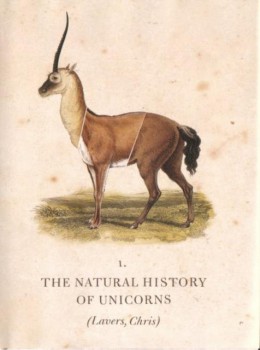 The Natural History of Unicorns (2009)
The Natural History of Unicorns (2009)
By Chris Lavers
Some book titles can grab you across a room and demand your money. Such was the case with The Natural History of Unicorns, which I discovered not in a bookstore, but in a curio shop in San Francisco specializing in . . . actually, I have no idea what the store was really selling, except that it was next to the Pirate Supply Store (no joke, this exists, although principally to fund a writing workshop in the back) and the excellent science-fiction and fantasy bookstore Borderlands. A bit of both stores rubbed off onto this one, and so in the midst of taxidermy snakes was this book promising to tell me the Natural History of a fantasy animal. Immediate sell.
Well, almost immediate. I did check to see that the book was not crazy pseudo-science making the claim that the fantasy version of the unicorn was real and scientists were refusing to admit the truth. But the book appeared to be exactly what I wanted: a multi-discipline exploration of the development and evolution of the unicorn legend.
On the surface, the unicorn is the simplest of fantastic creatures: a horse with a single horn jutting from its forehead. Of course something like that might exist! There are plenty of horned hoofed animals, a unicorn isn’t much of a stretch.
But the unicorn carries a trainload of baggage behind it: a symbol of spirituality and Christianity, emblem of British royalty, symbol of virgin purity, a creature in roleplaying games, icon of New Age thinking, and decoration on a third-grade girl’s wall. The unicorn is indeed, as legend has often claimed, tough to hunt and harder catch.
Chris Lavers, a lecturer in natural history at the University of Nottingham, writes in a friendly, humorous style that feels like an Oxford professor during the off-hours entertaining guests around the fire with brandy in ample supply. In places, Lavers seems to channel Avram Davidson and his Adventures in Unhistory, although not quite as obtusely or wittily. (Davidson’s book has a chapter on unicorns, by the by.) The book makes for fast nonfiction reading, although Lavers does go off on a dull detour from his topic in the center of the book, occasionally relies too heavily on long quotations, and fails to explore an important avenue of unicorn history that I hoped to learn more about.
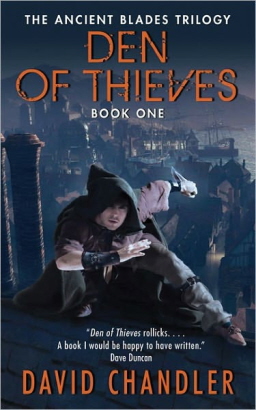
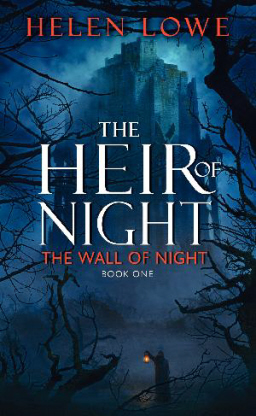
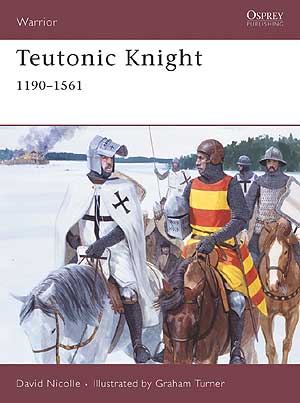 What if one day you woke up and found yourself in charge of a publishing imprint?
What if one day you woke up and found yourself in charge of a publishing imprint? So it would seem that the death of the physical book and the physical bookstore is greatly exaggerated.
So it would seem that the death of the physical book and the physical bookstore is greatly exaggerated. 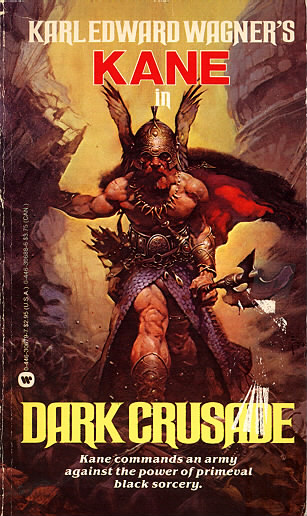 Why has swords and sorcery languished while epic fantasy enjoys a wide readership? In an age of diminished attention spans and the proliferation of Twitter and video games, it’s hard to explain why ponderous five and seven and 12 book series dominate fantasy fiction while lean and mean swords and sorcery short stories and novels struggle to find markets (Black Gate and a few other outlets excepted).
Why has swords and sorcery languished while epic fantasy enjoys a wide readership? In an age of diminished attention spans and the proliferation of Twitter and video games, it’s hard to explain why ponderous five and seven and 12 book series dominate fantasy fiction while lean and mean swords and sorcery short stories and novels struggle to find markets (Black Gate and a few other outlets excepted).
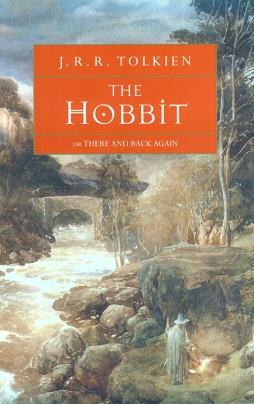 Nearly every night, I read aloud to my boys. For Evan, my seven-year-old, I have lately been reading The Hobbit. Two nights ago, no sooner had I begun than Evan interrupted, saying, “It’s funny how they spell ‘Smaug.’”
Nearly every night, I read aloud to my boys. For Evan, my seven-year-old, I have lately been reading The Hobbit. Two nights ago, no sooner had I begun than Evan interrupted, saying, “It’s funny how they spell ‘Smaug.’”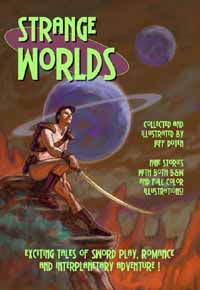
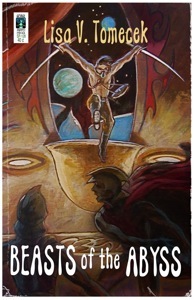
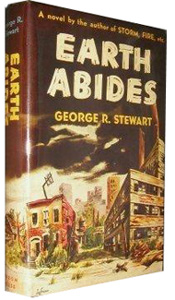
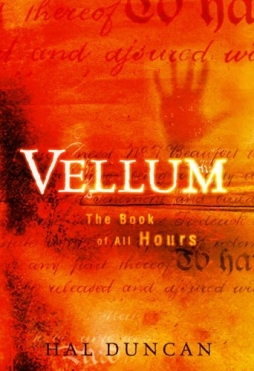 Hal Duncan’s The Book of All Hours is a dazzling, fascinating, frustrating work. A duology consisting of 2005’s Vellum and 2007’s Ink, it plays with structure and story in powerful ways, while also seeming to fall back too easily into black-and-white absolutes and traditional forms. The oddity of the book is that although in some ways it appears radically new, in other ways, as one reads further into it, it comes to feel more and more familiar.
Hal Duncan’s The Book of All Hours is a dazzling, fascinating, frustrating work. A duology consisting of 2005’s Vellum and 2007’s Ink, it plays with structure and story in powerful ways, while also seeming to fall back too easily into black-and-white absolutes and traditional forms. The oddity of the book is that although in some ways it appears radically new, in other ways, as one reads further into it, it comes to feel more and more familiar.